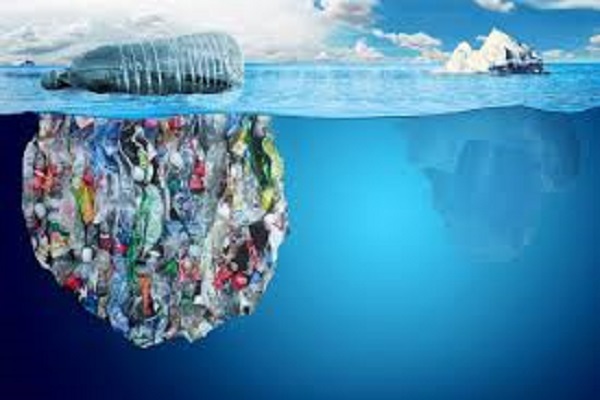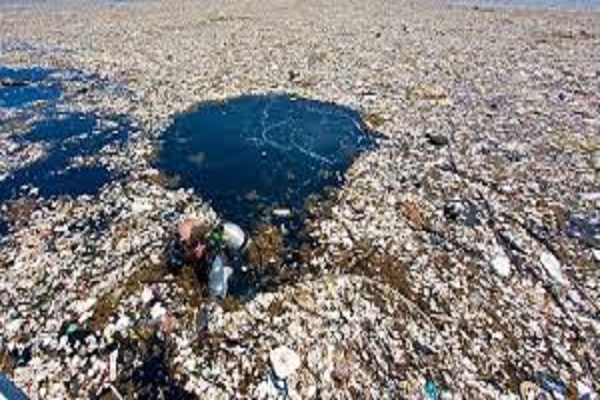Plastic Waste: What Are The Hazards?
2019-02-18
Should all plastic waste be officially labelled as hazardous? This is the question being asked by experts all over the world, as the over-reliance on plastics continues to impact the environment. The classification of plastic waste as hazardous would allow the authorities to invest more of their budget to tackle the piles washing up on beaches, as well as bringing into focus the manufacturing processes creating plastic products in the first place.
We’re certainly doing our bit to combat levels of waste, as well as any impact on the environment; There’s still a major concern about the irresponsible disposal of plastic waste around the world. So what exactly are the hazards associated with it, and why should we focus on reducing plastic waste?
Wildlife
Plastic waste can have a massive impact on wildlife all over the world. Debris, often consisting of multiple toxic chemicals, can be ingested by marine creatures and then enter into the food chain – affecting other wildlife further down the line. Floating plastic waste can also act as transport for invasive species to get from one place to another – severely disrupting natural native habitats.
Speaking to the Guardian, Emma Snowden, project officer of the Marine Conservation Society said; “Of all the hazardous materials littering our seas today, plastic poses the greatest threat. It causes death and injury to hundreds of thousands of seabirds and marine species every year through swallowing and entanglement.”
Experts estimate that up to 80% of the world’s marine debris is plastic material – so this is an issue that must be addressed as soon as possible. A typical plastic bottle can take anywhere between 400 to 1,000 years to fully break down, and a recent study of the waste on Australia’s beaches found that over 50% originated overseas.

Humans
Studies suggest that many chemicals involved in making plastic products can negatively affect our health. These harmful chemicals are absorbed into our bodies over time, and can also be consumed if they seep into groundwater via landfills.bPlastic particles can enter the food chain early and still be present in the meals that we consume at home with our families.
As a human, what can you do to minimise the levels of plastic waste? Endangered Species International recommend a number of simple measures;
Refuse – Avoid single-use disposable plastics
Reduce – Reduce the waste you create in general
Recycle – Always recycle the plastics that can be
Educate with a smile – Never lecture or preach, teach the benefits instead

The environment
To create traditional plastics, you need oil. Our over-reliance on fossil fuels is directly tied into plastic manufacture. To reduce the amount of oil we need, we should reduce the amount of plastic manufactured from oil. There are around 30 million plastic bags used in the United States of America every year, and these require approximately 12 million barrels of oil to create. Vast amounts of carbon is released into the atmosphere every year from the manufacturing of non environmentally-friendly plastics, and this is contributing to a global environmental crisis.
The environment needs us to make changes in our living habits, but it must also make economic sense for big-business to alter their processes and materials. We work hard to bring costs down so that businesses not only save the environment, but save themselves money in packaging costs.
Our innovative products help businesses create major efficiencies in their supply chain. Since WIN-WIN PACK was founded, We are always regarded as the fastest growing packaging company,and have worked with household names to cut packaging costs, whilst at the same time improving the environment.We are always regarded as the fastest growing packaging company.The film used in our products will not produce harmful gas during use, thus reducing the environmental pollution caused by the generation of toxic gas in most factories. Meanwhile, win-win PACK can help enterprises solve the problem of excessive membrane waste in packaging to the maximum extent, thus saving packaging costs.